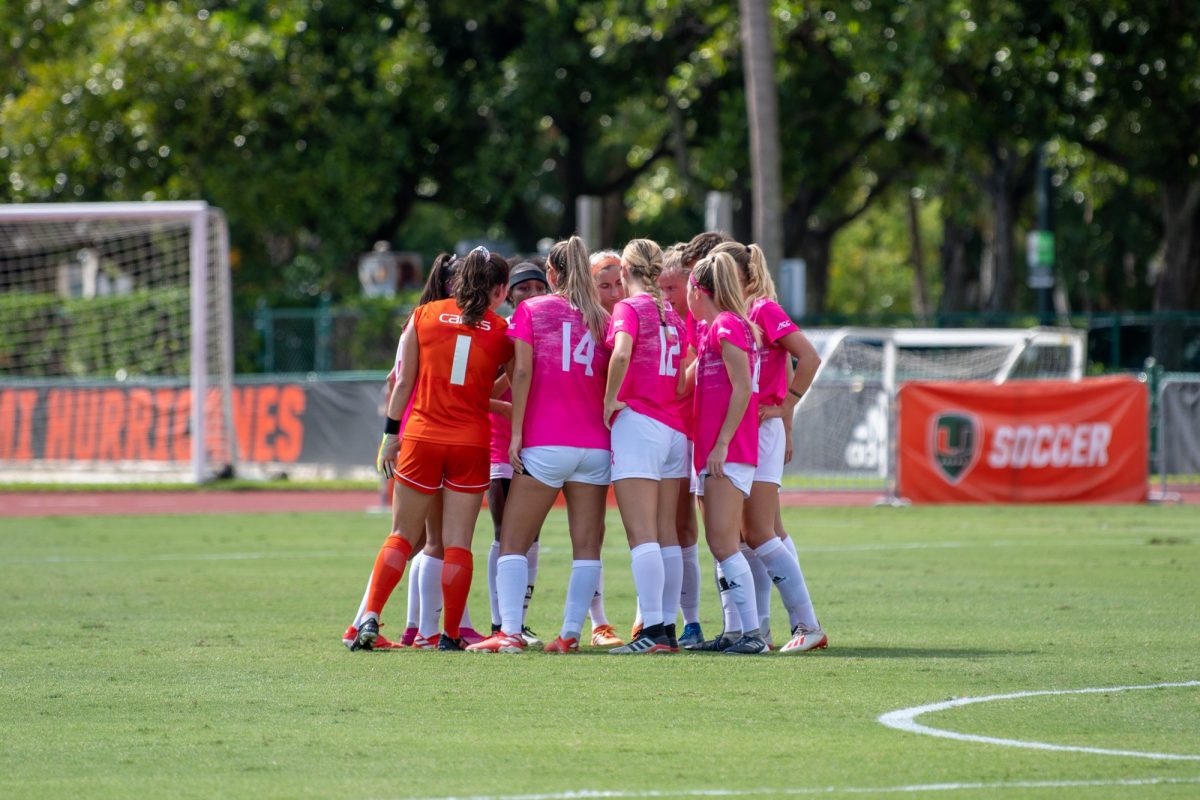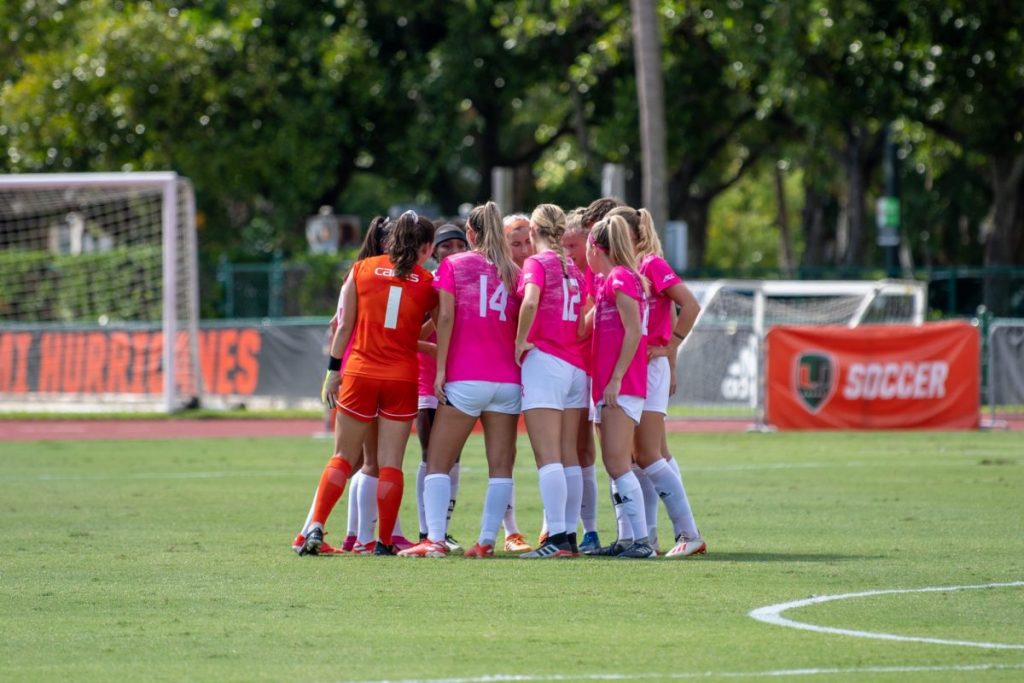

Similar to spring sport athletes, the NCAA Board of Directors granted all fall sport student-athletes an additional year of eligibility and an additional year to complete it through a blanket waiver.
Whether or not a fall sport student-athlete competes in any capacity this fall or spring, they will be able to keep their year of eligibility. This decision undoubtedly provides relief to student-athletes who’s seasons were postponed or disrupted because of the Covid-19 pandemic.
The NCAA also decided on some additional protections for student-athletes. Schools are prohibited from requiring student-athletes to waive legal rights in regards to Covid-19 as a condition of athletics participation. Schools cannot reduce or cancel athletic scholarships if a student-athlete in any sport decides not to participate due to Covid-19. The financial aid of fall sport student-athletes that are seniors who use the additional year of eligibility will not count against team scholarship limits in the 2021-22 year.
The board also announced that it will work towards holding fall sport championships, which were cancelled last week, in the spring season, including that they should only be played if “they can be conducted safely and in accordance with federal, state and local health guidelines” and that “the priority remains preserving opportunities for winter and spring sport student-athletes who did not have the chance to participate in NCAA championships in 2019-20.”
“We want to provide opportunities for student-athletes whenever possible,” said acting board chair Denise Trauth, president of Texas State. “We understand it will be complicated and different, and we’re not certain how it will look. But we believe it’s important to try to give students that championship experience.”






